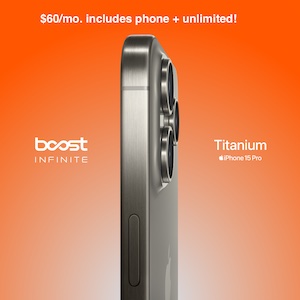Ultrabook Sales Proving A Disappointment To PC Makers
The Register reports that Acer has radically downgraded sales forecasts for Ultrabooks in Europe, citing the stiff price tag and smaller screen size as factors limiting adoption. The report notes that Acer had expected Ultrabooks to account for between 25 and 35 percent of total notebook sales globally by the end of this year, but quotes Acer EMEA president Oliver Ahrens observing that “Overall the Ultrabook segment is developing much slower than projected by Intel and we have already adjusted our strategy on this in the last quarter” — price evidently being the main sticking point for buyers — and projecting that Ultrabooks will be roughly 10 percent of the market by year-end 2012. Another stumbling-block is the typical 13.3-inch Ultrabook form factor, which has never been as popular in Europe as in Asia.
Strong “Ultra-like” Notebook Demand Creating Shortages Of Slim Display Panels And Metal Laptop Chassis
Digitimes’ Aaron Lee and Joseph Tsai report that with Ultrabooks suffering from weak sales, Windows PC notebook brand vendors have turned to pushing “ultra-like” notebooks, creating slim panel and metal chassis shortages in OEM channels according to sources in the upstream supply chain.
Lee and Tsai note that traditional panel thicknessess are about 5.2-5.5mm, while slim panels are 3.6mm and panels used in ultrabooks only 2.85-3mm. They say that in early June, supply of slim panels was greatly affected by strong demand from downstream brand vendors, and although the supply gap is recovering gradually, things are still rather tight.
Meanwhile, metal chassis availability continues to suffer from shortage as Apple currently has booked up most of the capacity from makers for its MacBooks, and although Lee and Tsai report that the two major metal chassis makers – Catcher Technology and Foxconn Technology – have both been aggressively establishing new CNC machines, capacities are still unlikely to fulfill all demand before year-end 2012.
MS Surface vs. PC UltraBooks
Techpinions’ Ben Bajarin perceives tablets becoming the next generation of computers for the mass market, with conventional notebooks remaining relevant for only a niche segment of the market rather than the market.
He notes that for a large majority of consumers, notebooks are overkill with respect to what they actually do with the product on a daily basis, and were being purchased for their portability more than anything else.
In that context, he says he’s beginning to wonder if Microsoft launching their own line of tablets hurts the OEMs in a much more important area than just competing with their notebook products, and suggesting that if the industry is headed in the direction he thinks it is, more interest may be given to Surface like products by the masses than to notebooks, observing that in terms of reader interest, content on tablets and recently Microsoft’s Surface far exceeds the amount of reads generated than he and his colleagues write about notebooks and UltraBooks in particular.
He further observes that Surface’s form factor is different enough from what most consumers are used to with a notebook that he believes it will be seriously considered by anyone who is in the market for Windows notebook, and that its impact on notebook sales for Microsoft’s partners could hurt them more than Microsoft competing with them in a segment, making the product more disruptive to PC-makers notebook strategy than to their tablet strategy, although it could well end up being a spoiler for both Win 8 tablets and Windows notebooks.
